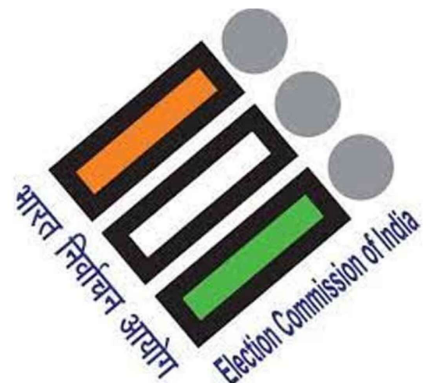Context:
A Constitution Bench of the Supreme Court directed in a landmark judgement that the Chief Election Commissioner (CEC) and Election Commissioners will be appointed by the President on the advice of a panel of the Prime Minister, Leader of the Opposition (LoP) in the Lok Sabha or the leader of the single largest party in Opposition and the Chief Justice of India (CJI).

Image Source: The Indian Express
About Verdict of the Court:
- Ending Government Monopoly: “Fierce independence, neutrality and honesty” envisaged in the institution of the Election Commission requires an end to government monopoly and “exclusive control” over appointments to the highest poll body.
- Role of High-powered committee:The high-powered committee would continue to advise the President on the appointment until Parliament enacts a law on the appointment process of Election Commissioners.
- On Par with CBI Director: The judgement has now brought the appointment process of CECs and Election Commissioners on a par with that of the CBI Director.
- Setting up of Permanent Secretariat: The court further made a “fervent appeal” to Parliament and the Union government to set up a permanent secretariat which draws its expenses directly from the Consolidated Fund of India and not the government.
- Long Tenure: The Supreme Court held that the appointment of an Election Commissioner for a tenure of less than six years is in “clear breach” of law.
- Rationale: The philosophy behind giving a reasonably long stint to the appointee to the post of Election Commissioner or the Chief Election Commissioner is that it would enable the officer to have enough time to be able to assert his independence.
Different Views:
- Justice K.M. Joseph said the EC requires “honest, independent” Commissioners who could distinguish right from wrong, those who can “ordinarily and unrelentingly take on the high and mighty and persevere in the righteous path.
- Justice Ajay Rastogi added that the procedural safeguards in place for effecting the removal of a CEC should be extended to the Election Commissioners under the first provision to Article 324(5) of the Constitution.
Appointment & Conditions of Service:
- The President of India appoints the Chief Election Commissioner and Election Commissioners.
- They have tenure of six years, or up to the age of 65 years, whichever is earlier.
- They enjoy the same status and receive salary and perks as available to Judges of the Supreme Court of India.
Removal of Election Commissioners
- The Chief Election Commissioner (CEC) can be removed from office only through impeachment by Parliament.
- The CEC can be removed from office only through a process of removal similar to that of a Supreme Court Judge by Parliament.
- The President of India can remove the other officers on the Chief Commissioner’s recommendation.
- They can resign anytime or can also be removed before the expiry of their term.
News Source: The Hindu
![]() 3 Mar 2023
3 Mar 2023
